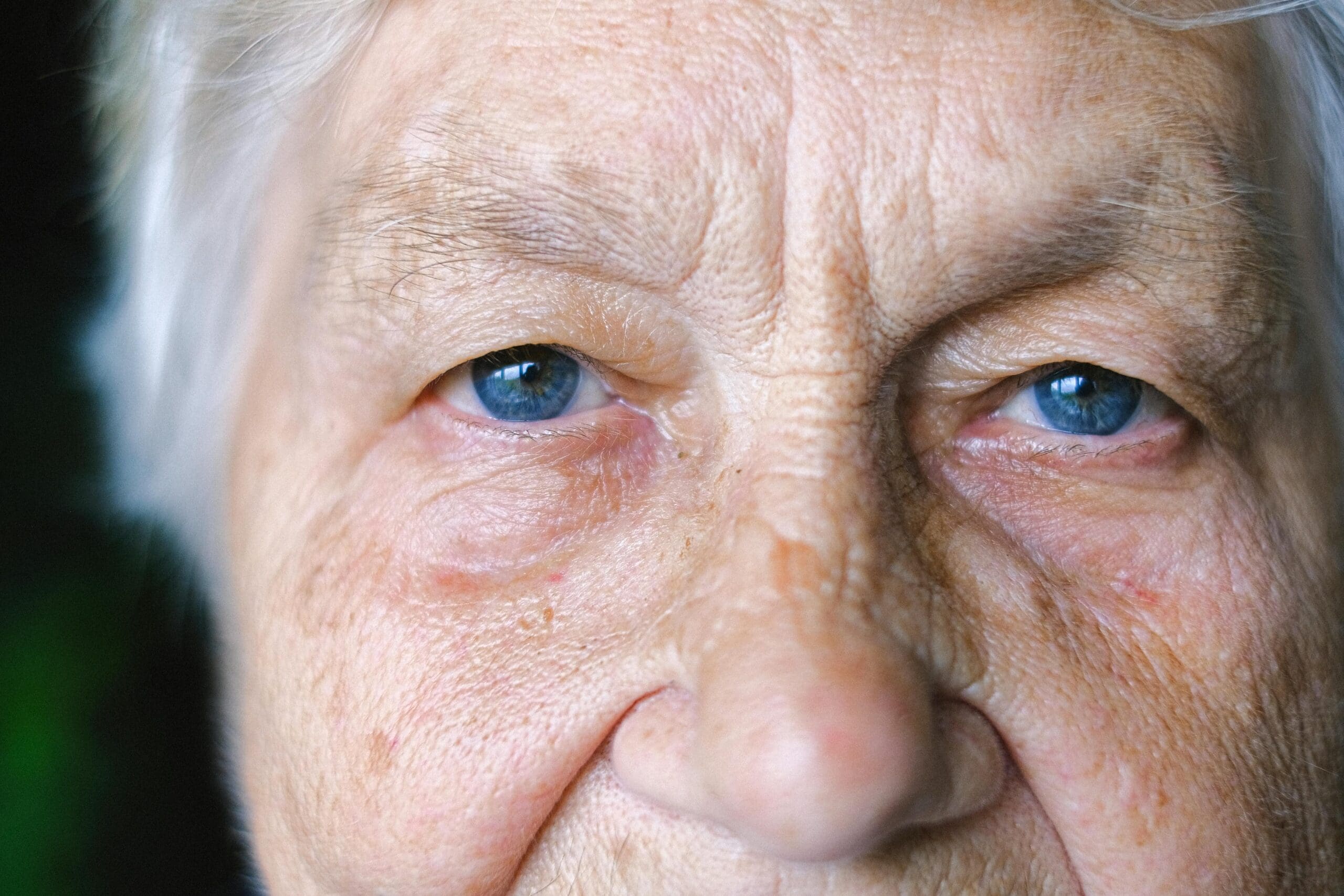Our eyes can develop diseases that affect our vision and overall eye health. Regular visits to an eye doctor help detect and treat these conditions early, preventing further damage to protect your vision. Collins Eye Center provides comprehensive eye care services, including the diagnosis and treatment of various eye conditions. Here are some health conditions your eye specialist can detect:
1. Glaucoma
The optic nerve carries visual information from our eyes to the brain. Glaucoma refers to eye diseases that cause optic nerve damage, often due to increased pressure in the eye. As the damage progresses over time, it can lead to vision loss. The increased pressure may result from a blockage in the eye’s drainage system or an imbalance in the production and drainage of fluid within the eye. It can also be caused by blocked vessels, severe eye injury, chemical injury, and inflammatory conditions. An eye doctor at Collins Eye Center can help detect glaucoma through a comprehensive eye exam, allowing us to manage or co-manage the condition.
2. Cataracts
A cataract is an eye condition where the eye’s lens becomes cloudy, resulting in blurred or hazy vision. It is commonly caused by aging and occurs when proteins break down in the lens and clump together, forming cloudy areas. Cataracts can also develop from trauma or injury to the eye, certain medications, or medical conditions such as diabetes.
The symptoms may include blurry vision, sensitivity to light, and difficulty seeing at night. If left untreated, cataracts can impair vision and even lead to blindness. Visit your eye doctor for early detection and treatment if you experience cataract symptoms.
3. Age-related Macular Degeneration
Age-related macular degeneration (AMD) is an eye disease that affects the macula, the central part of the retina responsible for sharp, central vision. The condition causes blurred, distorted, or darkened vision in the central part of your visual field. There are two types of AMD: dry and wet. Dry AMD thins the macula and is more common than wet AMD. Wet macular degeneration happens due to the leakage of blood and fluid into the eye from abnormal blood vessels growing under the retina. Though this condition has no cure, early detection and treatment can help slow its progression.
4. Myopia
With myopia or nearsightedness, distant things appear blurry while nearby objects are clear. This common refractive eye condition can be caused by genetics and environmental factors. An eye exam can determine the degree of nearsightedness, allowing you to manage it through glasses, contact lenses, or surgery.
5. Diabetic Retinopathy
Diabetic retinopathy affects individuals with diabetes. It is caused by long-term high blood sugar levels that damage the small blood vessels in the retina. Symptoms may include blurry or double vision, empty or dark areas in your vision, gradually worsening color blindness, and difficulty seeing at night. If you have diabetes or a family history of diabetes, schedule regular exams with your eye doctor to monitor and manage diabetic-related eye conditions.
6. Dry Eye Syndrome
Dry eye syndrome occurs when the eyes do not produce enough tears or produce low-quality tears. This prevents proper lubrication of the eye’s surface. Our eye doctor can diagnose dry eye syndrome and recommend suitable treatment. Treatment options may include artificial tears, prescription eye drops, Blephex, IPL (Intense Pulsated Light), and Lipiflow.
Visit a Qualified Eye Doctor Today
Your eye doctor can detect and treat various conditions, including glaucoma, cataracts, diabetic retinopathy, and more. Regular visits to an eye specialist can help promote eye health, even if you have no apparent symptoms or vision problems. Some underlying eye conditions may not show signs until they have progressed. At Collins Eye Center, our experienced eye specialists provide high-quality eye care to help preserve your vision and maintain healthy eyes. Schedule an annual eye exam with us today for a comprehensive vision assessment.


